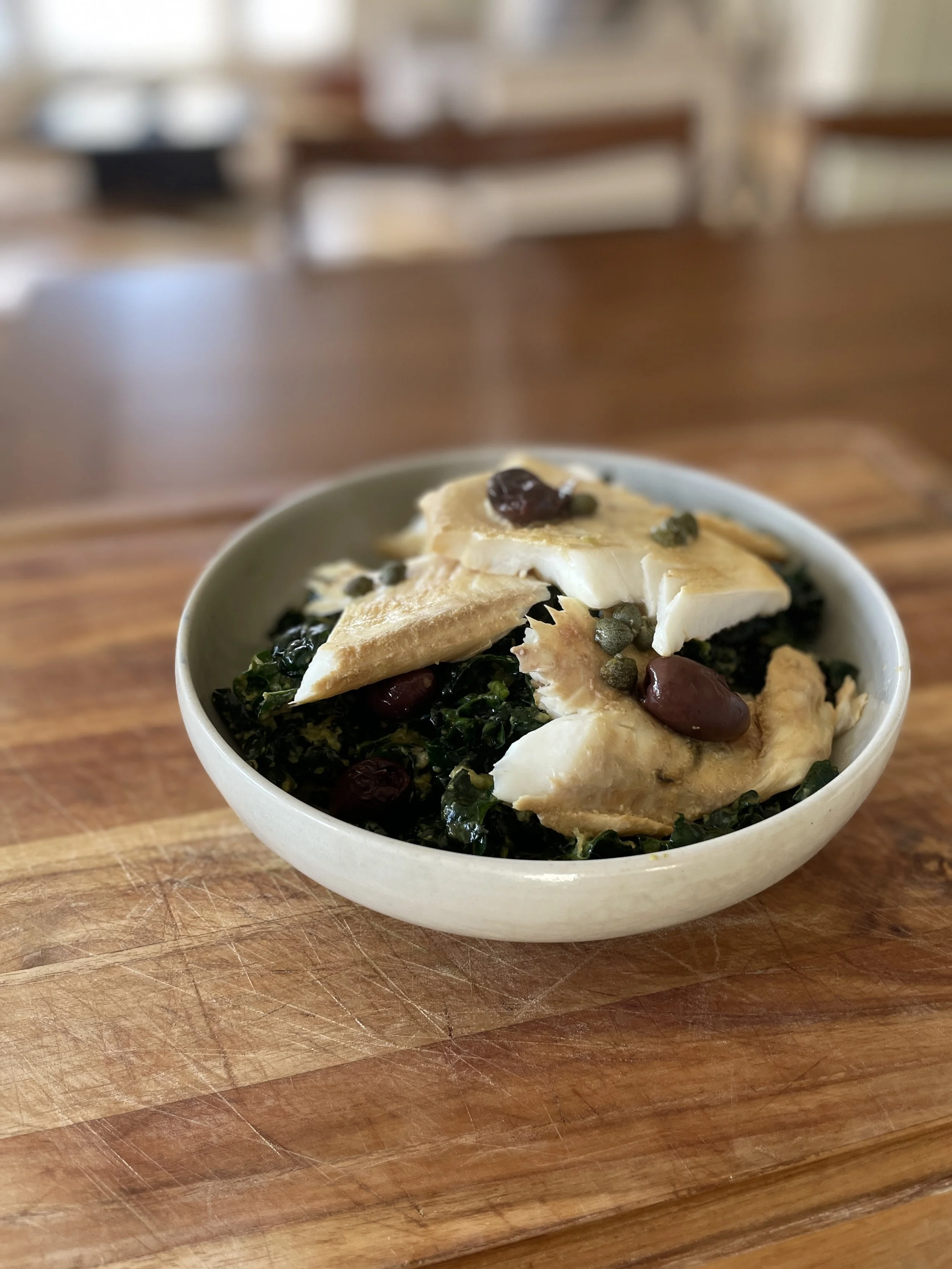On Demand - Day 7
Day 7 | Sweet Dreams
One of the most important ways to maintain or improve our health is to get sufficient, quality sleep. Getting a good night’s rest can’t be determined solely by the number of hours we sleep. There are many contributing factors that influence our sleep and loads of scientific research as to the health benefits. Renowned English scientist Matthew Walker, Professor of Neuroscience and Psychology at UC Berkeley, and Director of the Center for Human Sleep Science, emphasizes that sleep is the cornerstone of good health. Walker underscores the interconnectedness of sleep health with immune, hormone, cardiovascular health, and its impact on gut health, making it a pivotal factor in overall well-being.
There is a noted connection between lack of sleep and the foods we crave. According to the National Academy of Sciences, there are ‘hedonic hotspots’ in the brain where neurochemical stimulations will amplify our reward system and give us the sense of ‘liking’ sweets, for example. Lack of adequate sleep triggers these hotspots, affecting our behavior and the satiety cues in our body. Our body's appetite-controlling hormones, leptin and ghrelin, play crucial roles. Leptin signals satiety, indicating when we are full and satisfied, while ghrelin communicates hunger. When we have high concentrations of ghrelin, we won’t feel a sense fullness and thus we may eat to excess. In his Master Class, Walker says ‘what studies have taught us is that a lack of sleep can change the balance of these appetite regulating hormones in deleterious ways that can push us towards a path of weight gain or even obesity.’
So it’s not surprising then that the consequences of insufficient sleep extend to our gut microbiome. Studies have shown that lack of sleep elevates cortisol held in our body. Because insufficient sleep negatively affects our pre-frontal cortex and activates the amygdala, the ripple effect wreaks havoc on our body. Impulse control becomes impaired, causing our choices and behavior to adversely affect our body. We often seek out sugary, unhealthy foods and end up with problems in our gut.
The silver lining is that awareness empowers us to take action. Implementing Sleep Hygiene rituals becomes essential in cultivating quality, restful, sleep.
ACTIONS
Plan a sleep schedule where you go to bed and wake up at the same time consistantly.
Have your last meal at least one hour, ideally 2-3 hours before bed.
Power down devices 30-60 minutes before bedtime.
Have an alarm clock in your bedroom so you don’t have to look at your phone.
Sleep in a cool room, recommended 65°
Keep your phone away from your head while you sleep. Some people go so far as unplugging their wifi at night.
Getting late night texts? It’s okay to say “I’m powering down now…” Or schedule your phone sex earlier. Wait, what?
Replace blue lights/screen time with candle light and soft area lighting.
If watching something, choose comedy to offload stress and avoid heavy, dark, violent media.
Lower temperature in your home. Our body’s temperature needs to lower 1 degree to drop into sleep.
Take a warm bath. This will actually help to lower your body temperature. More on that in my chat talk today.
Try ashwaganda drops at night.
Wash your feet, moisturize them.
Drink Calm (calcium magnesium) tea, ginger tea, or an herbal tea you love.
Avoid caffeine after 2pm. The quality of your sleep is greatly affected by caffeine.
Play music that helps you wind down.
If you use a Sonos, you can set a timer to have your selection of music automatically come on at preferred times.
Read a book. Like a real book with paper and pages.
Write out any concerns and finish with things you are grateful for.
Keep bedding clean and fresh on a regular schedule.
When you wake up, before your eyes open, say ‘thank you’ and take 10 deep breaths.
Fluff your sheets and if weather permits, open a window for an hour and let your room get fresh air.
Light some palo sante if it strikes your fancy.
Get sunlight on your face early in the morning.
Get a little exercise early in the day. Even if it’s not your entire work out or yoga practice. Try to walk, stretch or move your body. This helps reset your body’s rhythms.
WATCH/LISTEN
Interview with Matthew Walker on the Huberman Lab * a new one will be released soon if you follow Huberman
RECIPE
Alex’s Steamed Halibut with Massaged Kale Salad
Fresh Wild Halibut or favorite white fish
Black Kale
1/2 Avocado
1/2 lemon
1/2 Tablespoon tamari
1/4 teaspoon stone ground mustard
EVO
Some olives & capers
Parchment paper
Prep Salad First
Clean and chop the kale, removing tough stems as desired. Shake it in a clean hand towel to remove excess water. In a bowl, place, avocado, a long squeeze of lemon (save the rest for the fish), a splash of tamari, mustard, and a good drizzle of EVO. Mix in the kale and massage it well. Place the kale salad on your serving dish and let it sit.
Prep Fish
Using the same bowl, make more marinade for the fish. Using the rest of the lemon, a splash of tamari, and a small spash of EVO. Place the fish in parchment paper and top with olives and capers. fold the parchment until it is sealed. Let it sit on a flat cookie sheet pan.
Pre-heat the oven to 400 degrees. Let the fish marinate while the oven comes to temperature. Then bake for 8-12 minutes depending on the thickness of the fish.
On Demand - Day 7
Sweet Dreams, y’all!! 😴
Alex
Next Up - so important:
Monday 🌟 9:00 AM (yoga) + 9:45 AM (chat)

